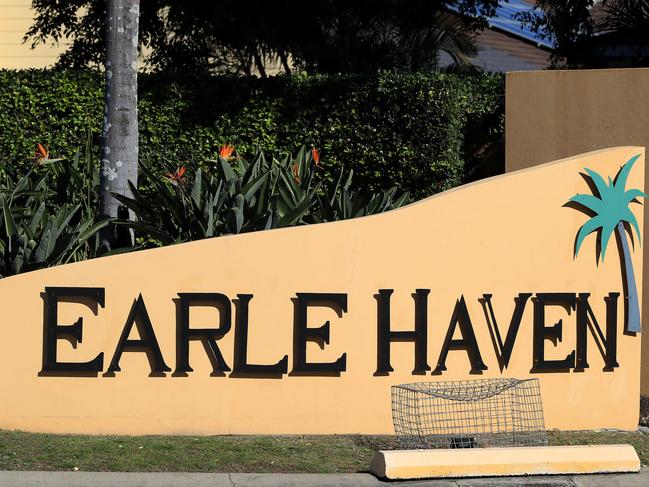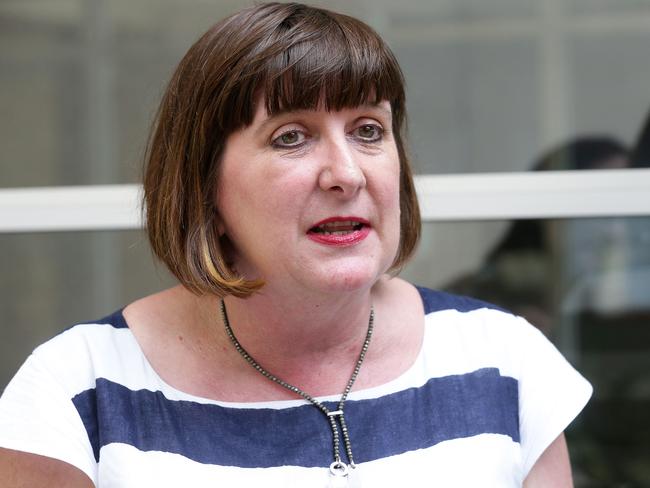Earle Haven aged care evacuation emergency to be canvassed at Queensland inquiry
The Federal Government has been slammed for “a complete lack of laws” around how nursing homes such as Earle Haven should be safely staffed.
QLD News
Don't miss out on the headlines from QLD News. Followed categories will be added to My News.
THE Palaszczuk Government’s inquiry into aged care will this week hear evidence about the chaotic closure of the Earle Haven nursing home on the Gold Coast amid union claims federal regulators were “largely absent” as the disaster unfolded.
About 70 elderly and frail residents at Earle Haven had to be evacuated to other nursing homes and hospitals after the dramatic shut down on July 11 following a dispute between its owner People Care and subcontractor HelpStreet.
EARLE HAVEN NURSES DENIED SUPER PAYMENTS BEFORE EVACUATION
EARLE HAVEN SHUT DOWN DUE TO ‘$3M UNPAID BILL’

Queensland Health worked closely with paramedics to ensure all residents were safely removed to other aged care facilities and hospitals.
A Queensland Nurses and Midwives Union submission to the aged care inquiry claims state authorities co-ordinated the relocation of Earle Haven’s high care residents with “little involvement from the federal authorities who shoulder the primary jurisdictional responsibility”.
The union’s submission points to an absence of federal government regulation prescribing how approved aged-care providers, such as People Care, could subcontract services to non-approved providers.
“This would appear to be a shortcoming in the regulation of aged care,” the submission said.
QNMU secretary Beth Mohle said the Earle Haven crisis had highlighted everything that was wrong in Australian aged care such as “the complete lack of federal laws around how these facilities should be safely staffed”.

Ms Mohle said the Federal Government repeatedly refused to introduce staffing laws to provide safe care for elderly Australians in private aged care facilities.
“Currently in Australia there is no federal legal requirement for even one registered nurse to be on site at all times,” she said. “As a result, it is not illegal to leave any number of private aged care residents without an RN overnight — or at any time.
“The situation in Australian private aged care at present can only be described as a human rights issue. Australia has federal laws to ensure the provision of quality care in numerous industries including childcare. These laws do not exist in Australian aged care.”
The QMNU estimates that at the time of the Earle Haven nursing home’s closure, residents were receiving an average of 2.73 hours of care each per day — 1.57 hours short of what is considered optimum.
“The lack of laws around safe staffing in private aged case is ageist and cruel,” Ms Mohle said.
She said the absence of nurse to resident ratios in aged care meant elderly Australians were “experiencing unnecessary pain, suffering and premature death”.


